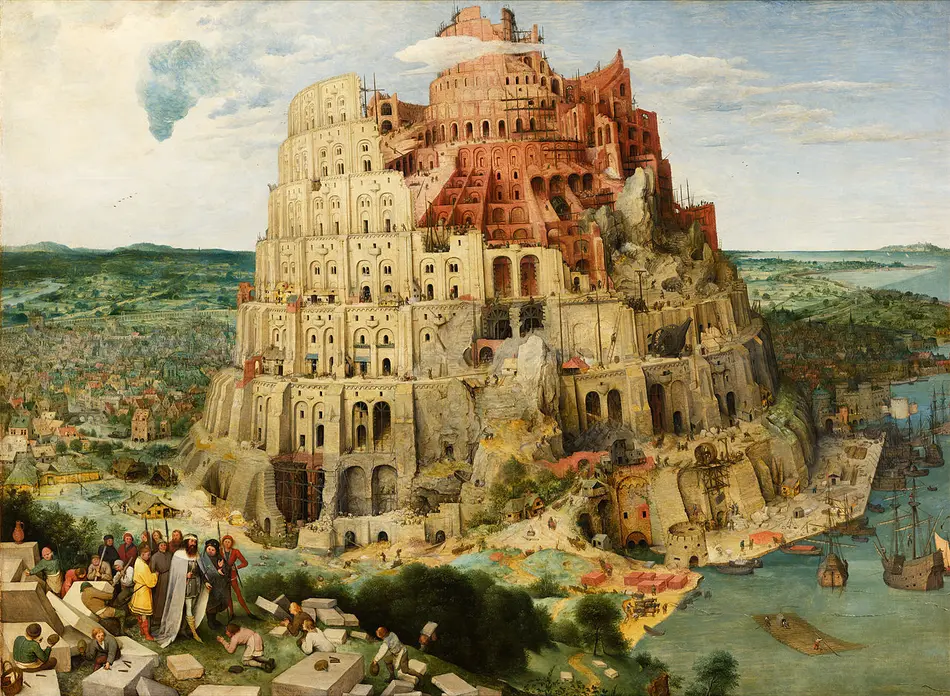"In the first funding phase from 2018 to 2022, the initial hypothesis of the research roup (Kolleg-Forschungsgruppe, KFG), i.e. that of the mutual formation of religion and urbanity, has been confirmed," explains Professor Susanne Rau, spokesperson of the KFG. "In the selected study regions – Europe, the Mediterranean region and South Asia – complex urban cultures developed early on, which were linked to each other through commercial and religious relationships and in some cases even empire-building. At the same time, different religious traditions (Jainism, Buddhism, the various Hindu currents, Sikhism, Zoroastrianism and ancient religions, as well as Judaism, Christianity and Islam) were present in cities and developed in a wide variety of urbanities. With its focus on practices and discourses of urbanity, the KFG has gained a clear profile within the working field of urban religion as well as historical urban and spatial research in recent years and has established itself internationally as a research infrastructure in the growing research field."
According to co-applicant Professor Jörg Rüpke, the aim of the second project phase from 2023 to 2026 is to examine these interactions to see whether long-term processes of differentiation, embedding and disembedding of religion and urbanity can be identified. The regional and temporal focus as well as the organisation of the fellow programme will be maintained. In addition, there will be three areas of specialisation: "Group Formations and Fragmentations", "Mercantilisations" and "Boundary Drawings". The annual conferences of the research group in the second project phase will take up these areas of specialisation and will be flanked by a series of international and interdisciplinary workshops. The results of the KFG's fellow projects and conferences will be published continuously on the open access platform „Religion and Urbanity Online“. "With its focus on urban actors and spaces and their religious practices, the research group also significantly continues the research programme of 'Comparative Cultural Analysis of World Relations', for which the Max-Weber-Kolleg (MWK) is responsible," Professor Hartmut Rosa, Director of the MWK, is pleased to say.

